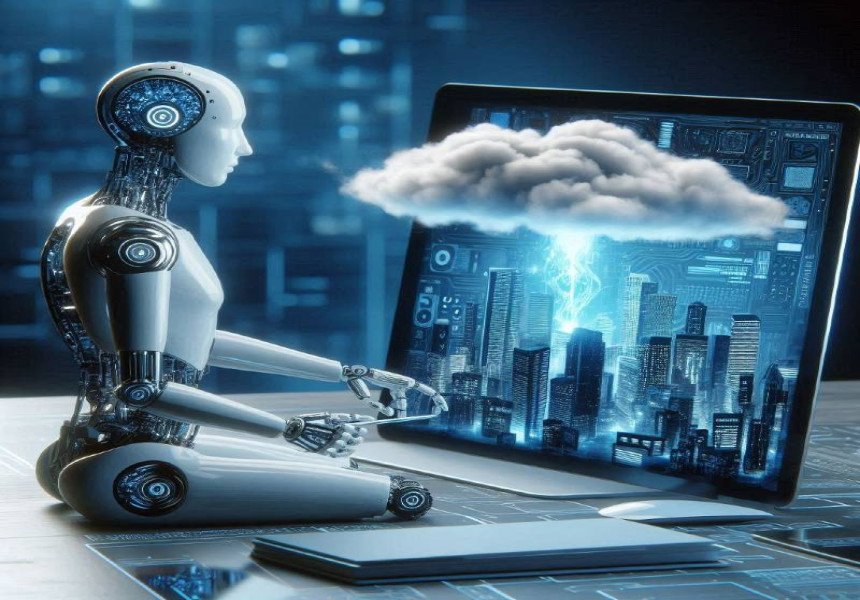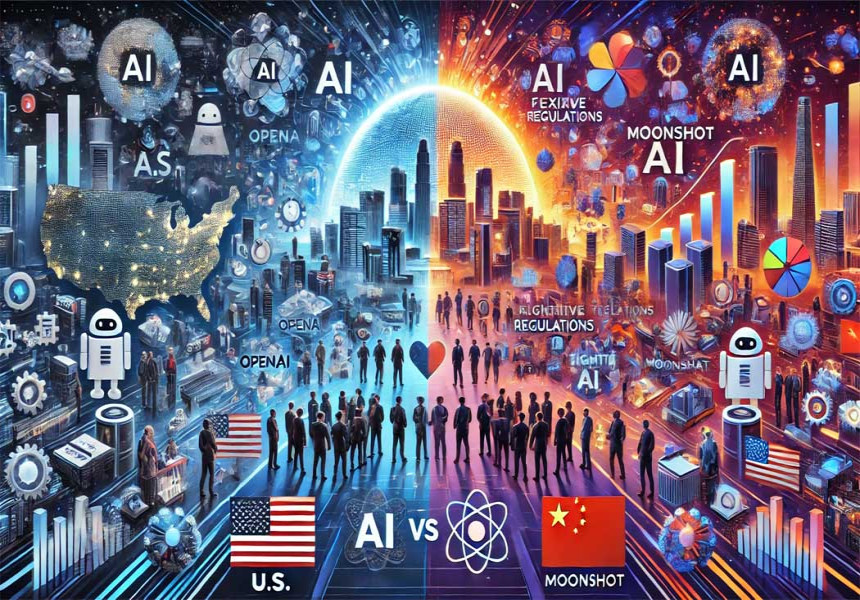Revolutionizing Personal Computing: The Rise of AI PCs
The rise of AI PCs is revolutionizing personal computing by integrating advanced artificial intelligence capabilities directly into hardware. These systems are designed to enhance user experiences across various applications, making them more efficient and intuitive. Below, we explore the features, applications, and notable examples of AI PCs currently available on the market.
Key Features of AI PCs
AI PCs are distinguished by their specialized hardware configurations, which typically include:
- Neural Processing Units (NPUs): These dedicated processors accelerate AI computations, allowing for efficient local processing of complex tasks such as machine learning and natural language processing.
- Hybrid AI Capabilities: Many AI PCs combine traditional CPUs and GPUs with NPUs to handle a variety of tasks, from gaming to productivity applications.
- Enhanced User Interactivity: With built-in AI assistants like Microsoft’s Copilot, these PCs provide real-time assistance for tasks such as scheduling, content generation, and more.
Applications of AI PCs
AI PCs are versatile tools that find applications across multiple domains:
- Productivity: Users can automate routine tasks like email drafting and meeting scheduling. For instance, Microsoft’s Copilot can help users generate documents or summarize meetings efficiently.
- Gaming: AI PCs enhance gaming experiences through features like real-time graphics optimization and personalized gameplay adjustments based on player behavior.
- Creative Work: Tools for graphic design and video editing benefit from AI capabilities that streamline processes like image enhancement and video rendering.
Notable Examples of AI PCs
Several manufacturers have introduced innovative AI PC models that showcase the potential of this technology:
- Dell XPS 14 (9440):
- This high-end laptop features Intel Core Ultra H-series CPUs with integrated NPUs. It boasts a stunning 3.2K OLED display and is designed for both productivity and entertainment, making it a versatile choice for users.
- HP Spectre x360 14 (2024):
- A convertible laptop that can be used in multiple modes (tent, stand, tablet). It includes Intel's latest processors with NPU support, enhancing its capabilities for AI-driven tasks while maintaining a premium design.
- ASUS Zenbook Duo:
- Known for its dual-screen design, this laptop is powered by Intel Core Ultra H-series CPUs with NPUs. It caters to multitaskers who require robust performance for both creative and professional applications.
- Alienware m16 R2:
- Targeted at gamers, this laptop combines high-performance NVIDIA RTX 4070 graphics with Intel's NPU-enhanced CPUs. It offers exceptional gaming capabilities while utilizing AI to optimize performance dynamically.
- Apple MacBook Pro with M4 Chip:
- Apple's latest laptops feature their in-house M4 chip, which includes a powerful neural engine for advanced AI processing. This integration allows for seamless performance in creative applications like video editing and graphic design.
Market Trends and Future Outlook
The adoption of AI PCs is set to grow significantly in the coming years. According to industry forecasts, approximately 60% of PCs shipped by 2027 will be AI-capable, driven by increasing demand for intelligent computing solutions. Major players like Dell, HP, ASUS, and Apple are expected to lead this trend by introducing innovative products that leverage AI technologies.
Challenges Ahead
Despite their potential benefits, the widespread adoption of AI PCs faces several challenges:
- Cost Considerations: The advanced hardware required for AI processing often results in higher prices compared to traditional PCs.
- Data Privacy Concerns: As more personal data is processed locally on these devices, users may have heightened concerns regarding privacy and security.
- Skill Requirements: Developing applications that fully utilize the capabilities of AI PCs requires expertise in artificial intelligence technologies.
AI PCs represent a significant advancement in personal computing technology, merging powerful hardware with intelligent software solutions. As manufacturers continue to innovate and integrate AI capabilities into their products, users can expect increasingly personalized and efficient computing experiences. The future of computing is not just about powerful machines but about creating intelligent systems that enhance productivity and creativity in everyday tasks.









